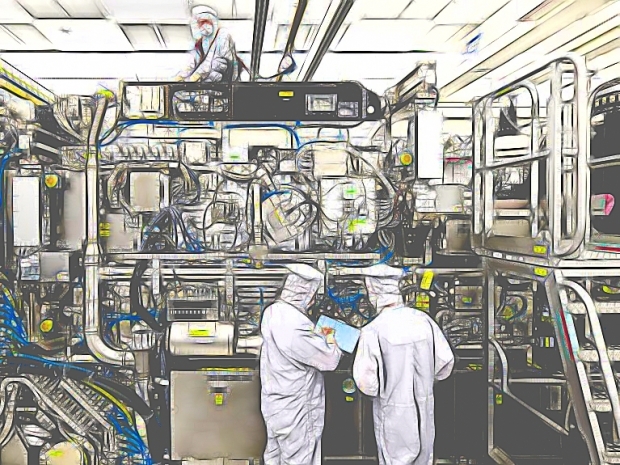Burn Lin, a former Taiwan Semiconductor Manufacturing Co. vice president said Semiconductor Manufacturing International Corp should be able to advance to the next generation at 5 nanometers with machines from ASML Holding NV that it already operates.
ASML has never been able to sell its EUV machines to China because of export restrictions. But less advanced DUV models can be retooled with deposition and etching gear to produce 7-nanometer and possibly even more advanced chips, according to industry analysts. The process is much more expensive than using EUV, making it very difficult to scale production in a competitive market environment. In China, however, the government is willing to shoulder a significant portion of chipmaking costs.
Chinese companies have been legally stockpiling DUV gear for years — especially after the U.S. introduced its initial export controls last year before getting Japan and the Netherlands on board.
According to an investor presentation published by the company last week, ASML experienced a jump in business from China this year as chipmakers there boosted orders ahead of the export controls taking full effect in 2024. China accounted for 46 per cent of ASML's sales in the third quarter, compared with 24 per cent in the previous quarter and eight per cent in the three months ending in March.
This might be the reason that Huawei's profit "more than doubled during the quarter it revealed its biggest achievement in chip technology."
Huawei reported a 118 per cent surge in net profit to $3.6 billion in the September quarter, and a slight rise in sales to 145.7 billion yuan.
Those numbers included initial sales of the vastly popular Mate 60 Pro, which began shipping in late August. The gadget sold out almost instantly, spurring expectations it could rejuvenate Huawei's fortunes.

